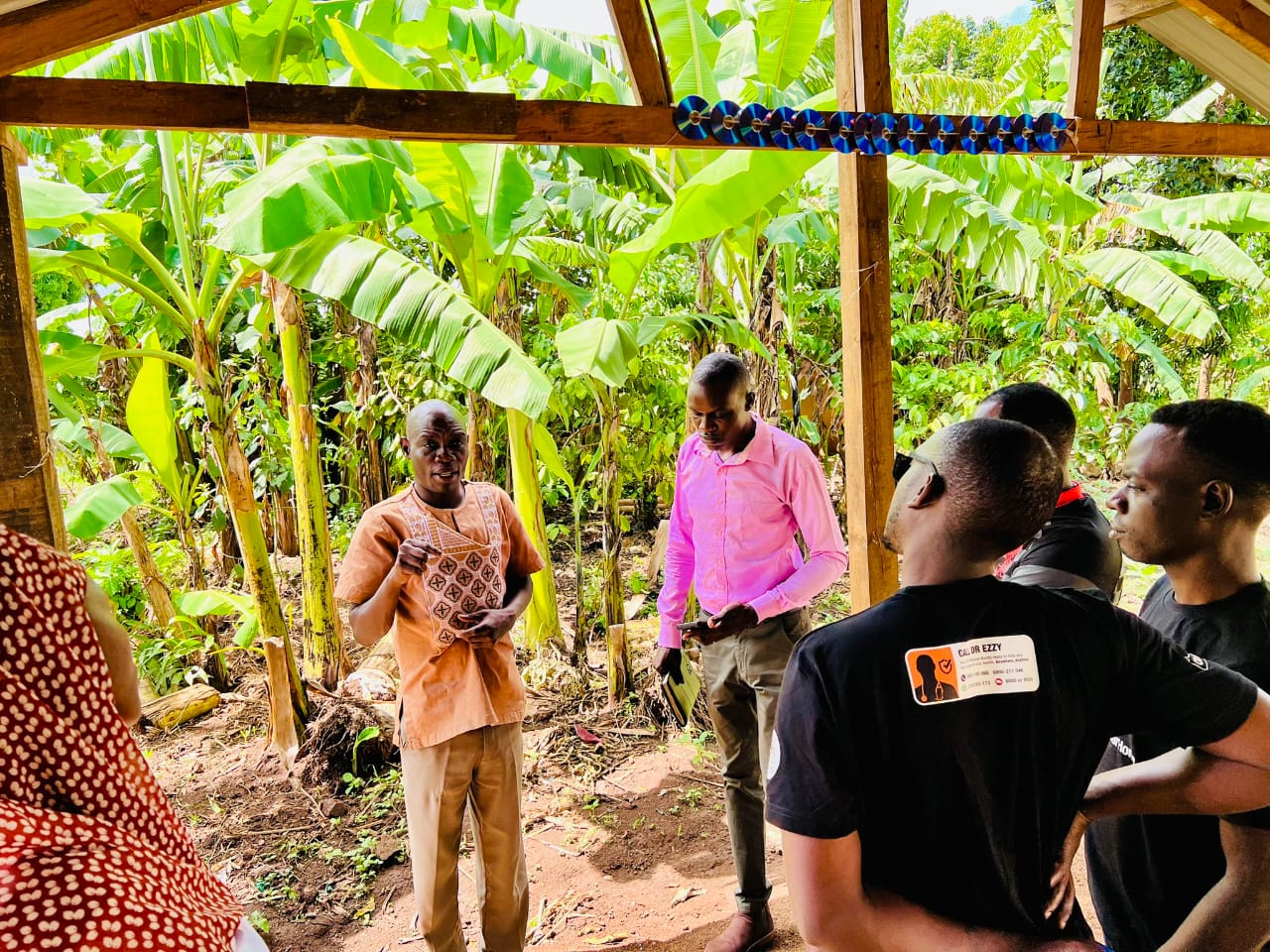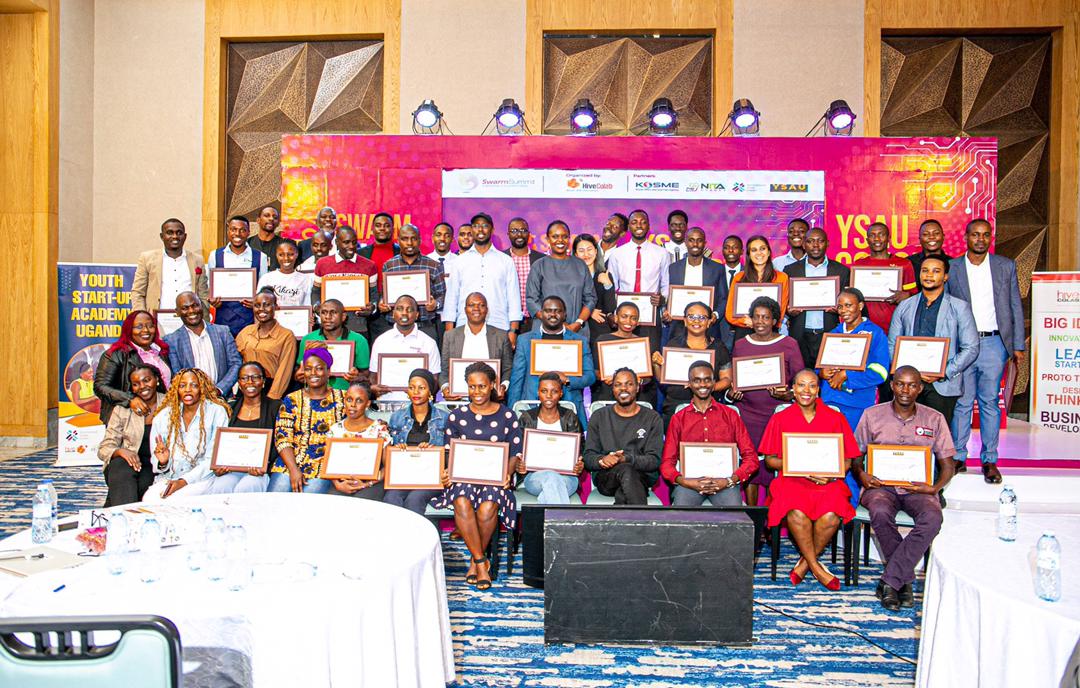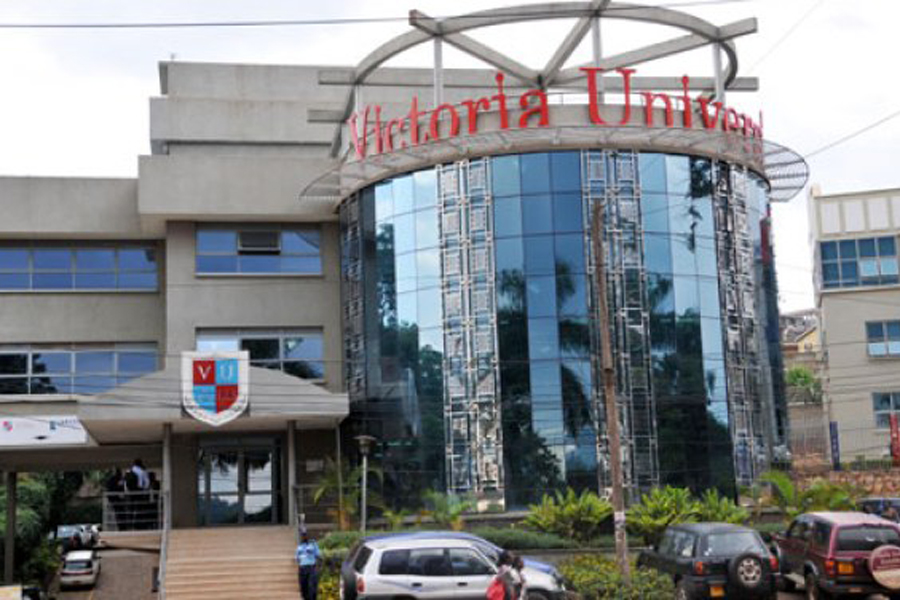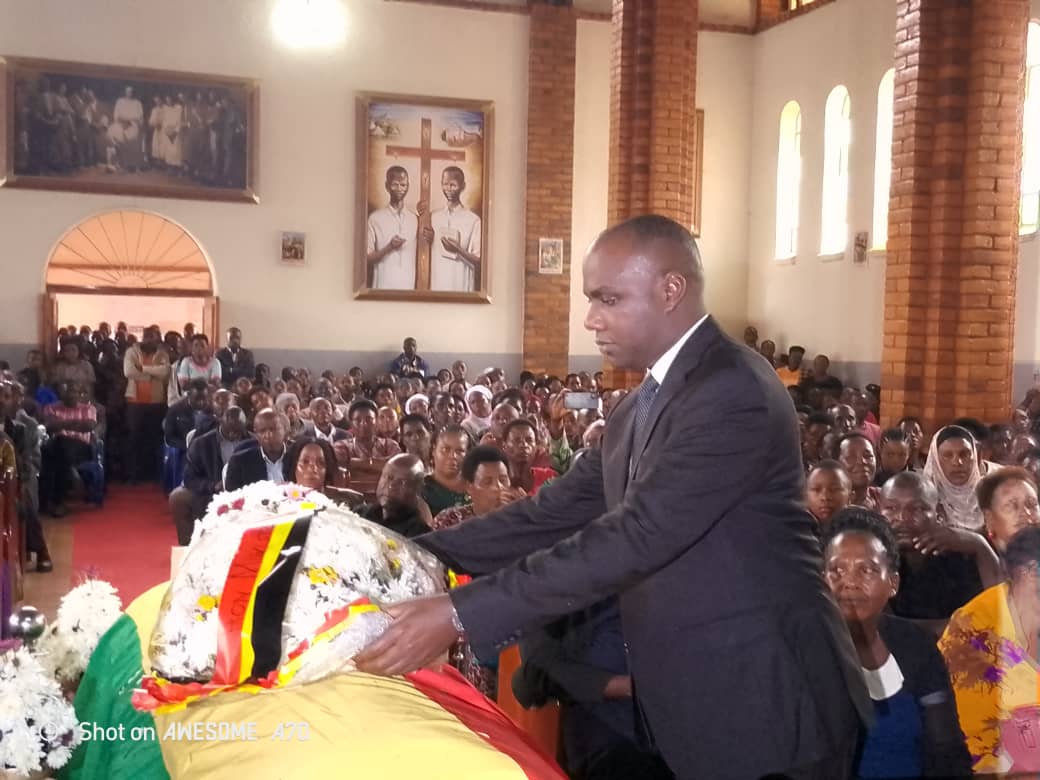Revolutionising transportation and clean energy demand with electric mobility in Uganda
Imagine farmers in Masaka using solar-powered tractors to tend to their fields or entrepreneurs in Jinja operating electric taxis to transport goods and passengers.
By Rose Nakabuye Nkugwa
OPINION | Growing up in Makindye, a vibrant city suburb of Kampala, I have had an opportunity to witness firsthand, the challenges posed by pollution through emissions from over 1.5 million vehicles and congestion of over 1.7 million people.
As I navigated through the bustling city, I often pondered on solutions that could alleviate these challenges while paving the way for a cleaner and more sustainable future for the city given its significance to the national economy with a contribution of over 60 percent GDP.
Little did I know that my journey would lead me to embrace electric mobility as a catalyst for change.
In Uganda, the transition to electric vehicles (EVs) is not just a trend but a movement reshaping the transportation sector and energy landscape across districts.
From the bustling streets of Kampala to the rural landscapes of Masaka, the adoption of EVs is gaining momentum, driven by a desire for cleaner, more sustainable transportation solution.
At the heart of this transformation are companies like Kiira Motors Corporation, pioneering the development of electric vehicles tailored to Uganda's unique needs.
Based in Kampala, Kiira Motors is at the forefront of designing electric buses and utility vehicles, offering a glimpse into a future where sustainable transportation is the norm.
Kiira Motors is, however, not running a solo race. Companies like Zembo Motorcycles, Solar e-Cycles, and Ecobodaa are also as much making waves in the electric mobility sector.
Specialising in manufacturing electric motorcycles and e-bodas powered by solar energy, these companies are providing affordable, environmentally friendly transportation solutions for not only for kampala, but uganda at large.
In urban centers like Kampala and its neighboring district, Wakiso, the hum of electric motorcycles, or e-bodas, has become a familiar sound.
These eco-friendly alternatives to traditional petrol-powered bikes are transforming the way people commute on the crowded city streets. Riders zip through traffic, powered by clean energy, reducing emissions and fuel costs.
The adoption of e-bodas is not only contributing to cleaner air in the city but also providing economic opportunities for riders who save money on fuel expenses.
Even in rural areas of Masaka and Jinja, the shift towards electric mobility is evident. Off-grid solar-powered EV charging stations are emerging, providing access to clean energy for electric vehicles.
Imagine farmers in Masaka using solar-powered tractors to tend to their fields or entrepreneurs in Jinja operating electric taxis to transport goods and passengers.
These initiatives not only reduce reliance on fossil fuels but also promote economic development and energy independence in rural communities.
In districts like Masindi and Kabale, where access to electricity is limited, the adoption of electric vehicles offers a unique opportunity to leverage renewable energy sources.
Imagine farmers in Masindi using solar-powered irrigation systems to water their crops or students in Kabale riding electric bicycles to school, all powered by the sun.
By integrating off-grid solar solutions with EV charging infrastructure, these districts can overcome energy access challenges and promote sustainable transportation.
Despite the promising outlook for electric mobility in kampala and uganda at large, significant challenges remain.
Limited infrastructure, including a lack of charging stations and grid capacity constraints that poses barriers to widespread adoption, the high upfront costs of EVs may deter some consumers, particularly in rural areas where purchasing power is limited.
However, these challenges also present opportunities for innovation and investment.
Public-private partnerships can play a crucial role in developing EV charging infrastructure and expanding access to clean energy solutions.
Initiatives supported by local governments and private investors are already underway, demonstrating a commitment to driving the green revolution forward.
From urban centers to rural communities, the adoption of electric vehicles in Kampala, Greater Kampala and Uganda at large is reshaping the transportation sector and energy demand landscape.
By embracing EV technology and investing in supportive policies and infrastructure, Uganda can reduce emissions, improve air quality, and enhance energy security for all its citizens.
With determination and collaboration, Ugandans are poised to own the green revolution and drive the country towards a brighter, greener future.
_______________________________________________
Ms Rose Nakabuye Nkugwa is an environmentalist and climate change officer at Ministry of Energy and Mineral Development













